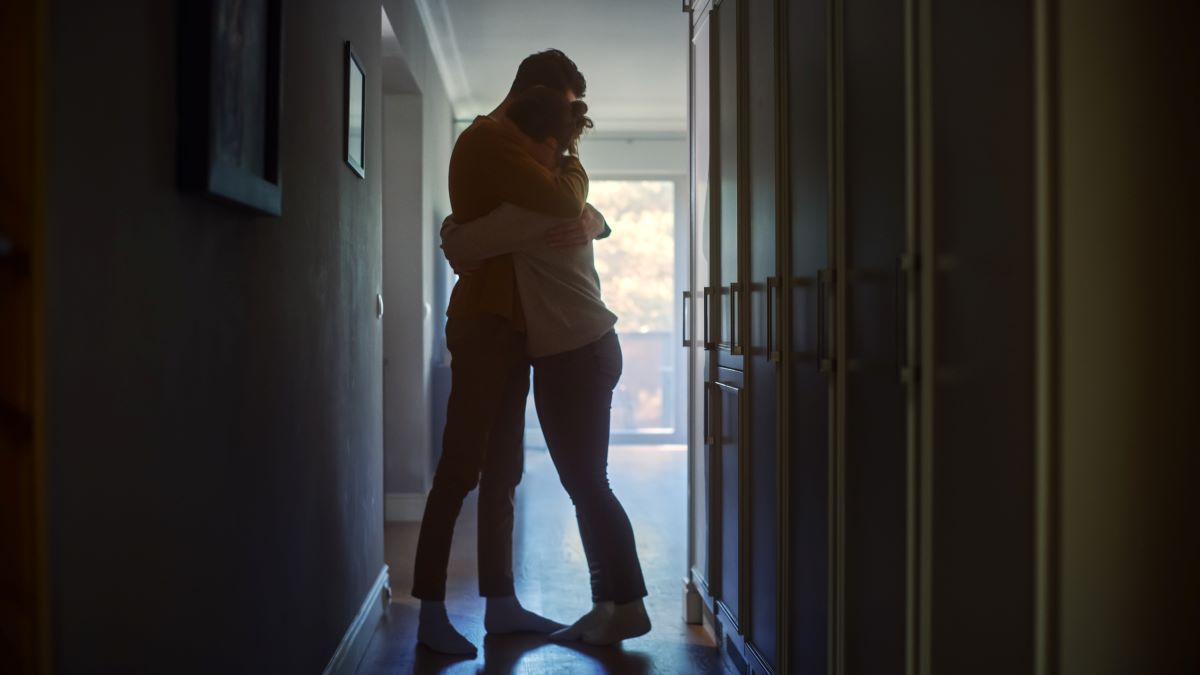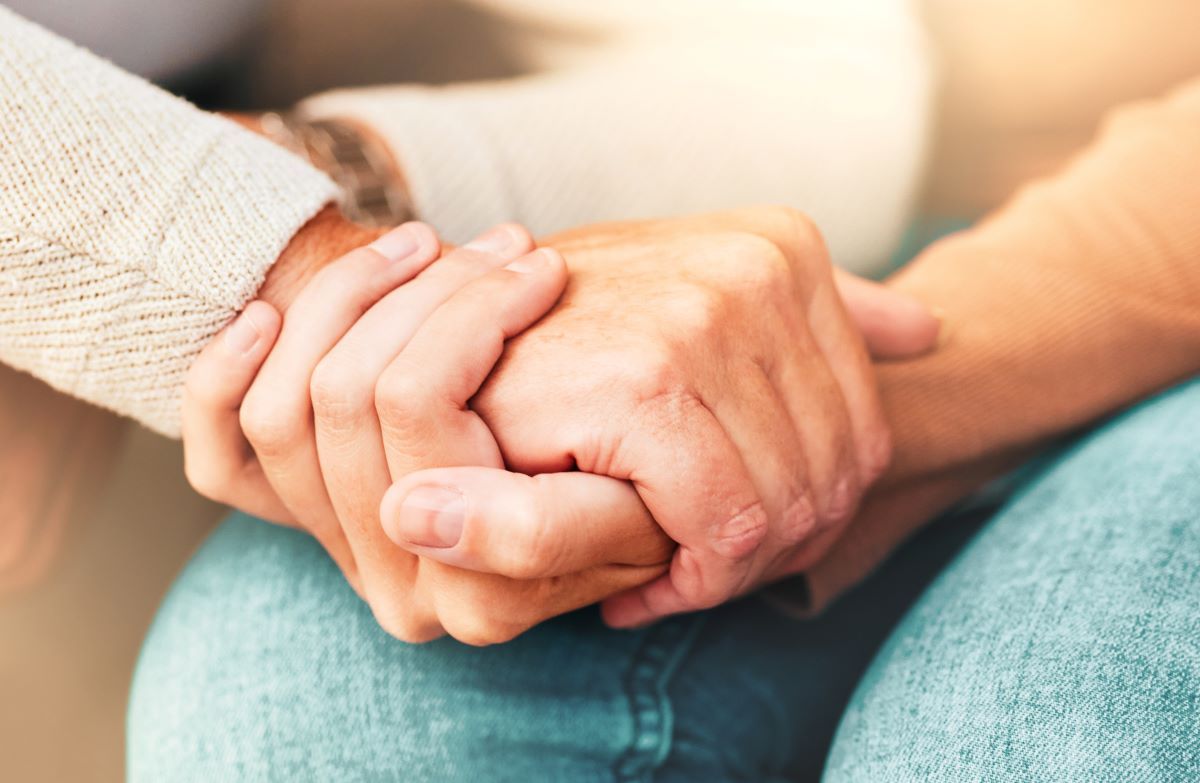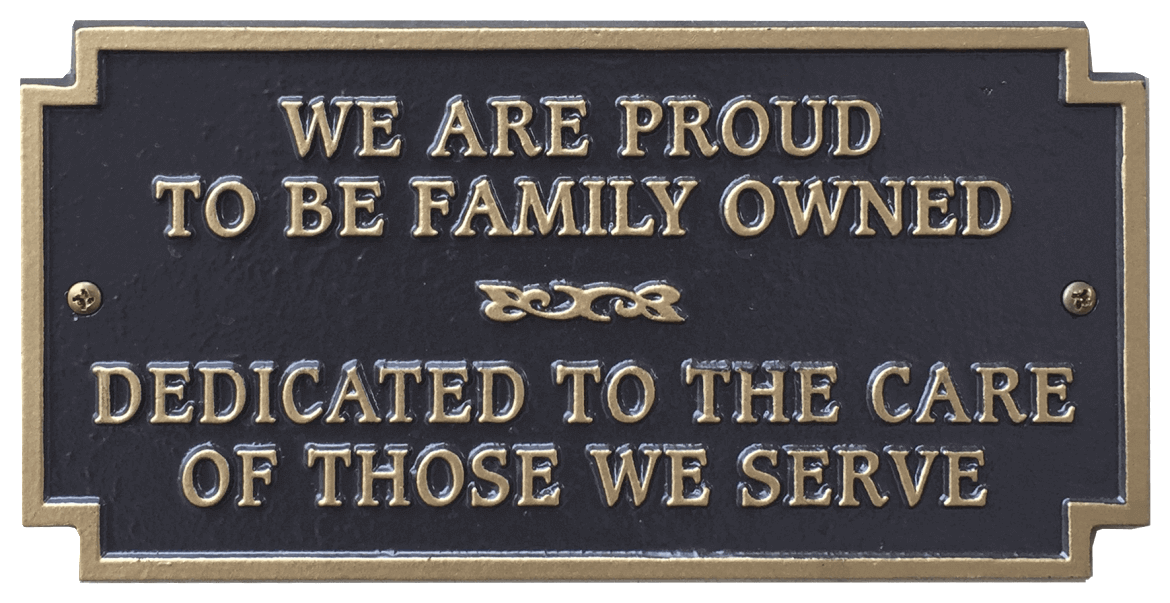The Grieving Process
Grief Support in Wellsboro PA
Each individual possesses a distinct approach to managing the loss of a loved one. Everyone grieves in their own way, but we all go through some of the same feelings as we try to heal from our loss. We know that grief is a normal reaction to loss at
Tussey-Mosher Funeral Home, and we're here to help you through every step of the way.

Stage 1
Denial
When you're in denial, it's easy to get caught up in false ideas about what's really going on. Part of the grieving process is pushing your worries aside and ignoring the tragedy. This can actually be a good way to grieve. Denial lets you take in the amounts you can handle at the moment. Eventually, you start to see the truth of the situation, and the healing process begins. Your denial starts to fade, and your feelings start to show.
Stage 2
Anger
There are times when you might feel angry and resentful. You are now in the second stage of grief. You look for someone or something to blame, like yourself, God, the doctor, or even the person who died for leaving you. Don't feel alone when you have these thoughts; they're perfectly normal and happen a lot when you're grieving.


Stage 3
Bargaining
There may come a time when you are distressed about the death of someone. You tell yourself that there was something that could have been done to stop it from happening, something you could have done. You could try to pray for a deal of some kind, like you are negotiating with God. Don't let the "if onlys" or any other hypothetical situations get to you; they'll only make you feel worse. Try to be open-minded and start to see things in a logical and accepting way.
Stage 4
Depression
You will probably feel empty inside for a while. This is how you feel when you're depressed. This stage may seem like it will never end, and the pain may last forever. Wondering if it's worth it to keep going with life and questioning life itself. You need to know that depression is the most common way people deal with loss. It would be strange not to feel sad after losing someone you care about. It can be hard to accept that your loved one won't be coming back. You have to be strong and move on.


Stage 5
Acceptance
People often think that accepting the death of a loved one means being "completely fine." To truly accept something, you have to accept the fact that your loved one is no longer physically present. You may want to keep living the way you did before they died, which can be uncomfortable. Acceptance helps you adjust to this new reality over time, giving you peace and teaching you how to live again. It's normal to feel bad about moving on, but healing doesn't mean forgetting. Making new friends and connections is a way to remember your loved one. Keep in mind that grieving is a personal process that takes time and should happen on its own.

